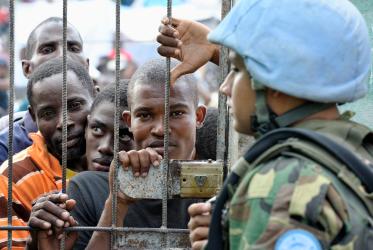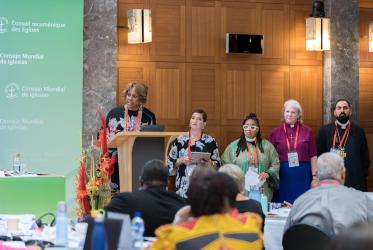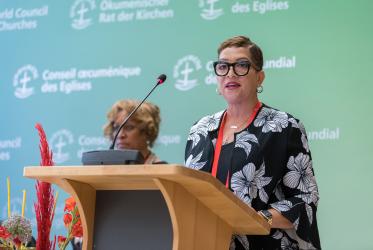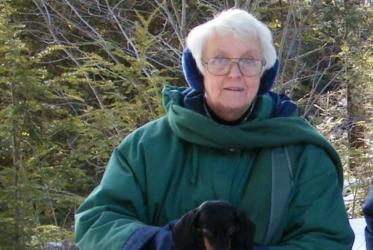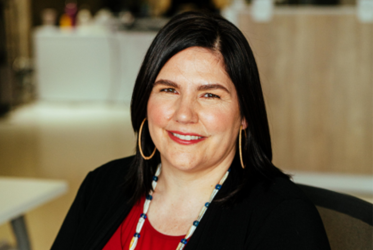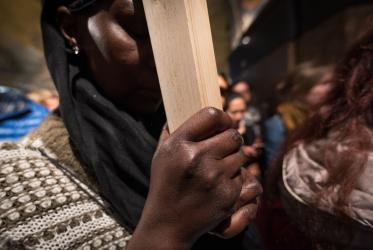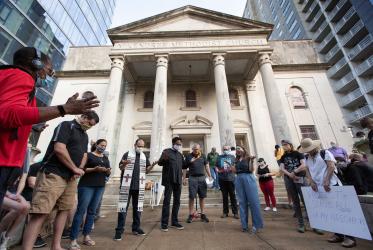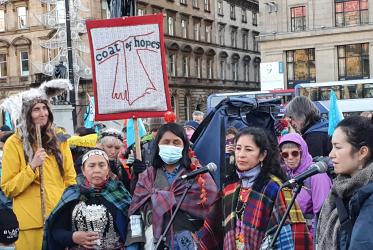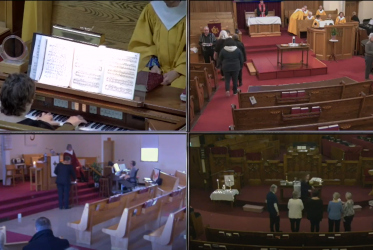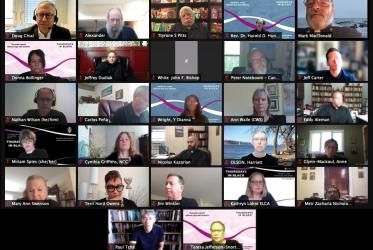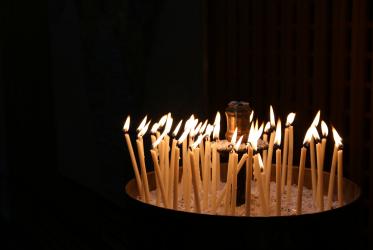Displaying 1 - 20 of 104
Churches prepare report for Canada’s Universal Periodic Review
29 November 2023
Comment le racisme est-il réellement traité par les Églises?
15 February 2022
How do churches address racism, really?
15 February 2022
Lutter contre la pandémie raciale
15 February 2022
Wrestling with the racial pandemic
15 February 2022
United Church of Canada launches Korea Peace Appeal
27 January 2022


